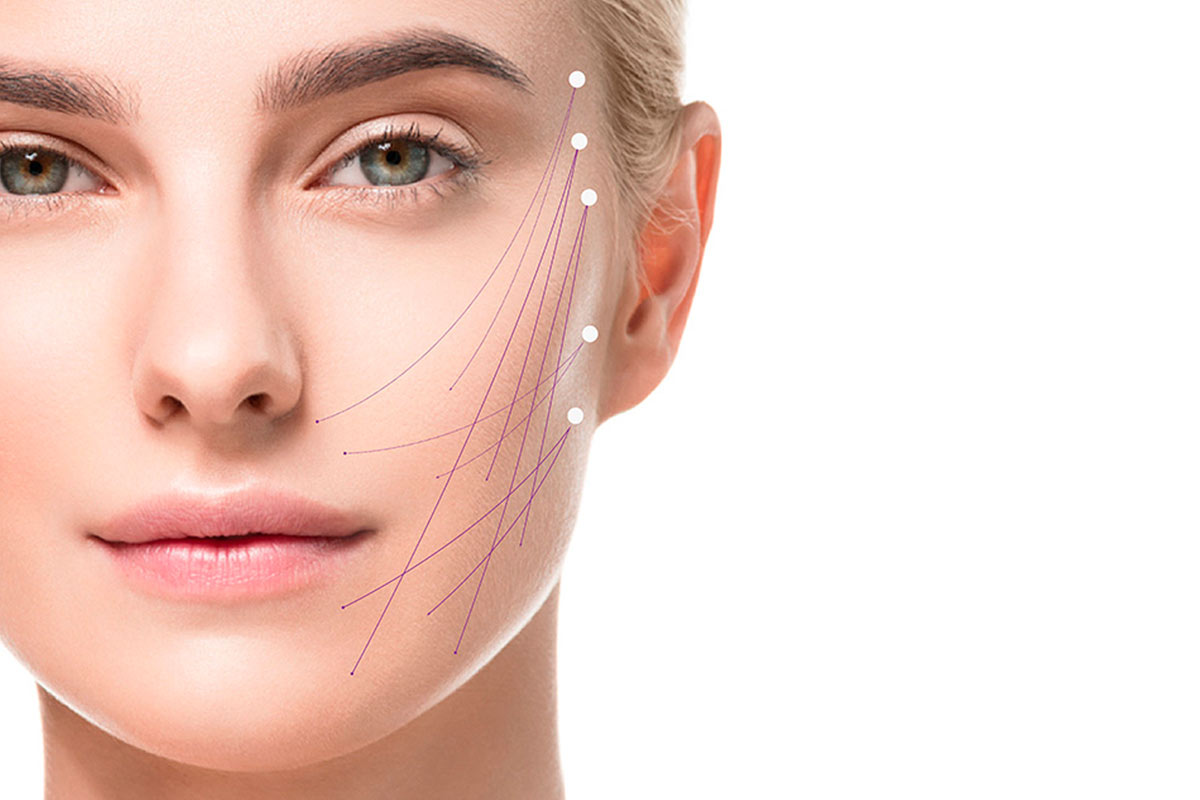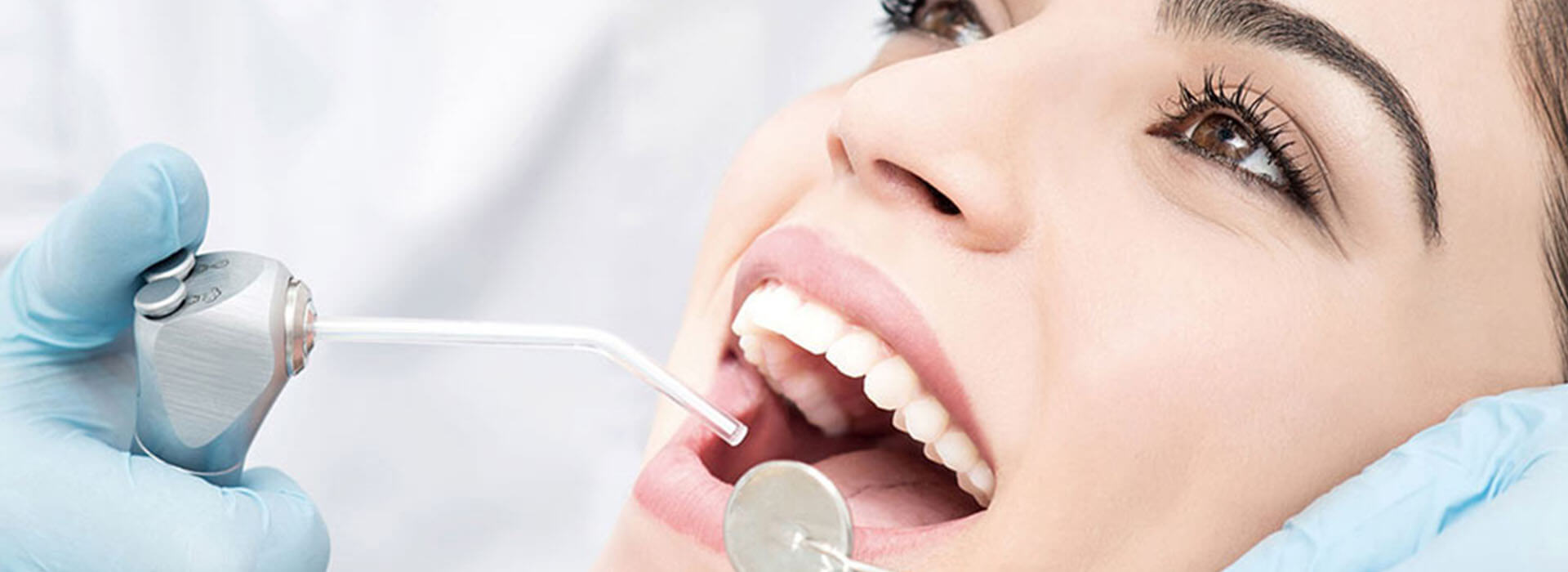The Impact of Gynecomastia on Mental Health

Gynecomastia, a condition characterized by the enlargement of male breast tissue, affects a significant number of men worldwide. While the physical symptoms are often the focal point, the emotional and psychological impact of gynecomastia should not be underestimated. For many men, the condition can lead to a range of mental health challenges, affecting their self-esteem, body image, and social interactions. In this article, we explore how gynecomastia can influence mental health, examining the emotional toll it takes and offering strategies for coping and seeking support.
Understanding Gynecomastia:
Gynecomastia is a medical condition where the male breast tissue becomes enlarged, often due to hormonal imbalances, medications, or underlying health issues. It can occur in men of all ages, from adolescents to older adults. While the condition is typically benign and not life-threatening, it can cause considerable distress for those affected.
Gynecomastia Dubai may manifest as a lump or swelling in one or both breasts, leading to self-consciousness and embarrassment. The physical appearance of the condition can have a profound impact on a man’s mental well-being, particularly in cultures that prioritize certain ideals of masculinity.
The Psychological Toll of Gynecomastia:
Low Self-Esteem and Body Image Issues:
The most immediate psychological effect of gynecomastia is a significant decline in self-esteem. Men with enlarged breasts may feel less masculine or "less manly," especially if they perceive their bodies as failing to meet societal standards. This negative body image can be exacerbated by the reactions of others, whether real or perceived and may lead to feelings of inadequacy.
For many men, the condition can trigger a constant preoccupation with their appearance, sometimes leading to obsessive thoughts about their physical traits. This can create a vicious cycle of self-consciousness, where even simple social interactions or activities like swimming or exercising become anxiety-inducing.
Social Anxiety and Isolation:
Social anxiety is another common mental health issue associated with gynecomastia. Many men with the condition may feel uncomfortable in public settings, leading them to avoid situations where they might have to expose their chest, such as at the beach or during physical activities. This avoidance can result in social withdrawal, which can further isolate individuals from their peers and reduce their overall quality of life.
The fear of being judged or ridiculed can become overwhelming, leading some individuals to avoid relationships or intimate encounters. The fear of being laughed at or mocked for their appearance can make it difficult to engage in social settings, leading to feelings of loneliness and isolation.
Depression and Anxiety:
Depression is a prevalent mental health concern for individuals struggling with gynecomastia. The emotional impact of living with a condition that affects one’s physical appearance and self-worth can lead to feelings of sadness, hopelessness, and despair. In some cases, the distress caused by gynecomastia can reach a level that interferes with daily functioning, including work, family relationships, and social engagements.
Moreover, anxiety often accompanies the condition, as individuals may worry about how others perceive them or fear potential judgment. Constant stress about appearance can manifest in general anxiety or lead to specific forms of anxiety, such as social anxiety disorder or body dysmorphic disorder (BDD).
Impact on Intimate Relationships:
Gynecomastia can also have a profound effect on romantic and intimate relationships. Men with the condition may feel embarrassed about their bodies and may avoid physical intimacy out of fear of being judged. This can create emotional distance in relationships, potentially leading to misunderstandings and feelings of rejection or inadequacy.
In extreme cases, men may experience a diminished interest in romantic relationships due to their concerns about their physical appearance. This lack of self-confidence can create a barrier to forming and maintaining close, meaningful connections with others, further exacerbating feelings of loneliness.
The Role of Societal Standards and Masculinity:
Society places a significant emphasis on certain physical traits, often idealizing muscular, toned bodies for men. These societal pressures can make the experience of gynecomastia particularly difficult, as men may feel their bodies do not conform to these ideals. The stigma surrounding gynecomastia often leads individuals to feel ashamed of their condition, reinforcing negative self-perceptions.
The connection between masculinity and physical appearance is particularly influential. In many cultures, there is an expectation that men should have a strong, athletic physique, and any deviation from this can be seen as a failure to meet masculine norms. This cultural pressure can be particularly damaging to men with gynecomastia, who may feel that their bodies undermine their identity as men.
Coping with the Psychological Effects of Gynecomastia:
While the emotional impact of gynecomastia is significant, there are ways to cope with and manage these psychological challenges. Here are some strategies that can help individuals maintain their mental health while navigating the condition:
Seeking Professional Support:
One of the most important steps is seeking professional help, particularly from a mental health expert such as a therapist or counselor. Cognitive behavioral therapy (CBT) and other therapeutic approaches can help individuals address negative thought patterns, improve self-esteem, and develop healthier body image perspectives.
Therapists can also help individuals navigate the anxiety and depression that often accompany gynecomastia, providing them with coping tools to manage these emotions. Support groups for men with gynecomastia may also offer a sense of community, reducing feelings of isolation and allowing individuals to share their experiences.
Exploring Treatment Options:
For some individuals, the psychological impact of gynecomastia can be alleviated through physical treatments, such as surgery or hormone therapy. Male breast reduction surgery is a common and effective option for many men, offering a permanent solution to the physical symptoms.
While surgery may not solve all mental health challenges, it can significantly improve self-esteem and body image. Consulting with a healthcare professional about treatment options can help individuals decide if surgery or other interventions are right for them.
Building Self-Compassion:
Learning to accept oneself, imperfections and all, is key to improving mental health. Building self-compassion involves recognizing that no one is perfect and that self-worth should not be defined by physical appearance alone. Practicing self-care, mindfulness, and positive self-talk can help individuals cultivate a healthier relationship with their bodies and their mental health.
Engaging in Physical Activity:
Exercise can be a powerful tool for improving both physical and mental health. Regular physical activity helps release endorphins, which can alleviate stress, anxiety, and depression. While exercise may not directly address gynecomastia, it can improve overall body confidence and mental well-being, helping individuals focus on their strengths rather than perceived flaws.
Conclusion:
Gynecomastia in Dubai is not just a physical condition; its impact on mental health is profound. The emotional toll of living with enlarged breast tissue can affect self-esteem, body image, social interactions, and mental well-being. Men experiencing gynecomastia should be encouraged to seek professional support, explore treatment options, and practice self-compassion to help manage the psychological effects. By addressing both the physical and emotional aspects of the condition, individuals can improve their mental health and reclaim their confidence.
Note: IndiBlogHub features both user-submitted and editorial content. We do not verify third-party contributions. Read our Disclaimer and Privacy Policyfor details.







